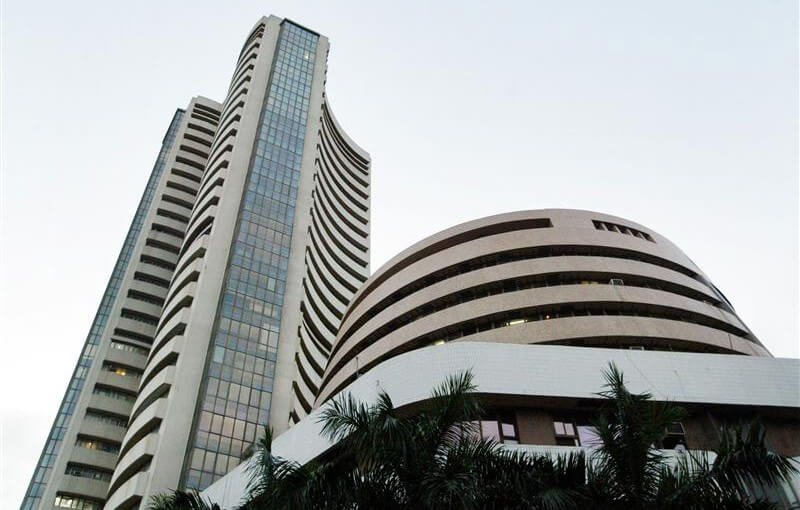Opening an account with a trading house is not a simple matter. But then, conducting trades on the Foreign Exchange market is not one either. Trading with stock and commodities is an exciting affair that can bring more money to the person. But, it can also destroy the wealth that the person has. So, one must be cautious about dealings in the Forex market.
Make Money With a Demat Account
That said, the way forward for the traders to engage in trading activities is to open a Demat account. This ensures the validity of the person and gives him or her the chance to interact with the market directly. The basic idea behind making money is to buy low and sell high. For doing this, one must know when the market will be high and when it will be low.
You can read the books and learn about the market movements and behavior by attending classes. Or, you can watch what the experienced traders do and copy them. In fact, this is one of the most preferred way to trade for many newbie traders. But before we go on to how to trade and all that let us see the difference between the trading account and the demat account.
Trading and Demat Account
It is simple. When one has a trading account, he can trade in stocks and commodities, buy and sell them at prices he sets. After he has done this, he needs a place to keep the stock and this is the demat account. The trader keeps all stocks in the dematerialized form in the demat account.
You have zero demat accounts and minimal demat accounts. In the zero demat accounts, they do not charge anything for opening the account but the other demat accounts will charge you a fee. You should also be aware of the difference between the discount broker and the full-service broker.
Discount and Full-service Broker
The discount broker will take a flat fee of Rs 50 or thereabouts to allow you to make one trade on his platform. The full-service broker will charge you a percentage. This is calculated on the full amount transacted. If you have traded Rs 20,000 and the brokerage is 0.5%, for trading 500 shares you need to pay the broker Rs 500. Thus, the full-service broker fee will be more. But, those who trade in massive amounts and use the full services of the trading platform will be better off with the full-service broker. The discount broker will not offer the full range of services.
Different trading houses will offer trading on various exchanges such as BTST, NSE, BSE, Mutual Funds, IPOs, Spot Trading, Term Insurance, and more. They charge different rates for different trades. For instance, they might charge 0.1% on the buy and sell sides and 0.5% Equity Delivery Charges on both buy and sell sides.
The best trading houses offer good back office support. Some of the things you can expect include Portfolio, Dashboard, Circulars, Referrals, Profile, and Funds among other things. You also get Reports. All these helps you make the well-informed trade.
